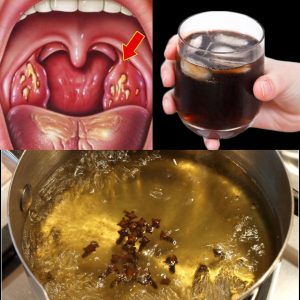The Surprising Impact of Coffee on Medication Effectiveness
Coffee, loved for its rich taste and energizing effects, can affect the way certain medications work in the body. The caffeine in coffee can either speed up or slow down how the body processes various drugs, which can impact their effectiveness or even trigger side effects. Knowing these interactions can help ensure medications work as intended without unexpected issues.
How Coffee Interacts with Common Medications
Caffeine, the stimulant in coffee, interacts with several medications in unique ways. For instance, it can elevate blood pressure in people taking antidepressants (particularly MAOIs) and reduce the effectiveness of antipsychotics. Coffee can also interfere with thyroid and osteoporosis medications, so spacing coffee intake accordingly is important for these drugs to work properly. People on blood thinners or certain antibiotics may also experience intensified effects if they consume coffee, making it important to monitor intake carefully.
Avoiding Unwanted Side Effects and Reduced Effectiveness
Because coffee can affect drugs like antihistamines, heart medications, and anti-anxiety prescriptions, drinking coffee with these may amplify side effects like drowsiness or counteract the calming effects intended by some medications. Those on pain relievers may find that high caffeine intake irritates their stomach or raises their heart rate, so moderation is key to staying within recommended dosages.
Smart Tips for Safe Coffee Consumption with Medications
To reduce risks, be mindful of how and when you consume coffee in relation to your medications. Healthcare providers recommend spacing coffee intake from medications by at least 30–60 minutes for drugs affected by caffeine. It’s also wise to follow any specific timing or dosage instructions for each prescription. If you’re unsure, consulting your healthcare provider can ensure you enjoy coffee without risking interactions that may affect your health.





